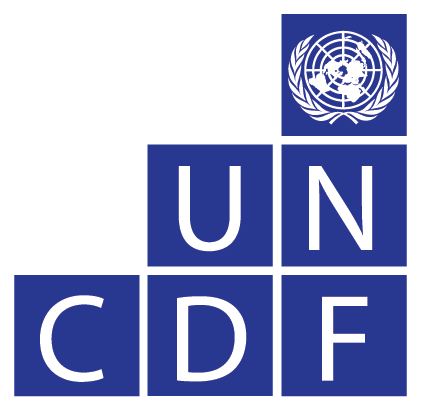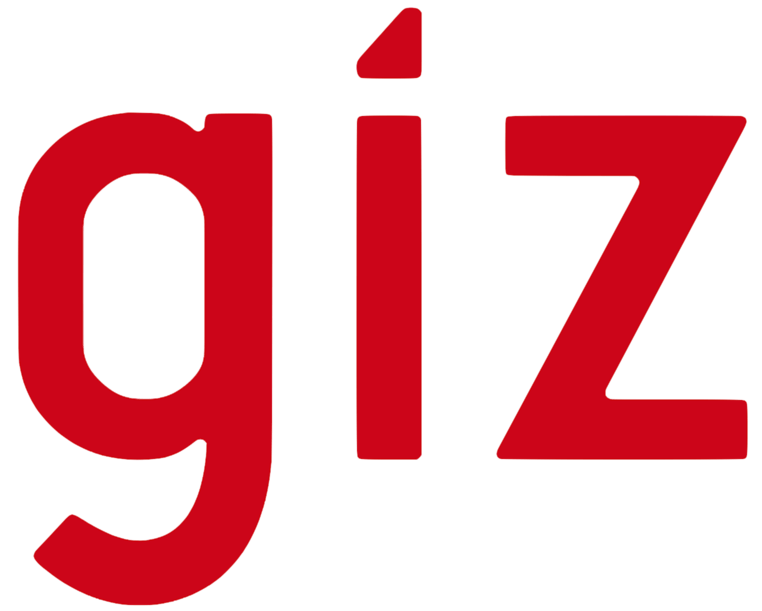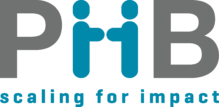
Bangladesh Bank Regulator Training
UNCDF’s SHIFT (SAARC) Program identified a specific need for the Bangladesh Bank (Central Bank) to develop and integrate a training program for mid-level staff who need to have a baseline understanding of the principles of Digital Finance. Despite having a well developed DFS market, and regulatory framework – it was identified that Bangladesh Bank and their Training Academy (BBTA) lacked fundamental baseline knowledge to assure that staff understood DFS - and their own regulations.
Context: UNCDF’s SHIFT (SAARC) Program identified a specific need for the Bangladesh Bank (Central Bank) to develop and integrate a training program for mid-level staff who need to have a baseline understanding of the principles of Digital Finance. Despite having a well developed DFS market, and regulatory framework – it was identified that Bangladesh Bank and their Training Academy (BBTA) lacked fundamental baseline knowledge to assure that staff understood DFS - and their own regulations.
Objectives: The main objective of the assignment is to develop a capacity development training module for entry to mid-level executives of regulators around DFS policies, regulation, supervision and promotions which the central bank will be able to integrate into their training calendar. The training used specific techniques and principles of adult learning to convey subject matter content in the areas of Financial Inclusion and DFS with a specific focus on aligning the Bangladesh Bank’s regulation and local context with global best practices. A focus on group work looked at these contextual elements particularly in the area of e-money, agents and customer protection. An additional exploration into the emerging technology and trends regarding supervisory technology insure tech, cryptocurrency and the applications of blockchain technology for development and financial services were included in additional sessions.
Deliverables:
- Identify and assess the training needs Bangladesh Bank through a formalized training needs assessment and stakeholder in interviews.
- Based on the assessment, design a DFS capacity development module which can be tailored to one (1) day and three (3) day training course
- Deliver the ToT during a 5- day seminar focusing on DFS principles and including training techniques.

Financial Literacy & Remittances Project Design Handbook
GIZ and the Federal Ministry for Economic Cooperation in Germany commissioned the production of a handbook on financial literacy for remittance senders and recipients.

Context: GIZ and the Federal Ministry for Economic Cooperation in Germany commissioned the production of a handbook on financial literacy for remittance senders and recipients.
Objective: highlight the methodological options to support remittance senders and recipients with financial literacy tools.
Deliverable: FReDI: a handbook to guide the design of new projects aiming to foster 1) financial inclusion of migrants and their families 2) the productive use of remittances. Five different project methods were distinguished; workshops with experts in remittances, migration and microfinance to review the handbook.
